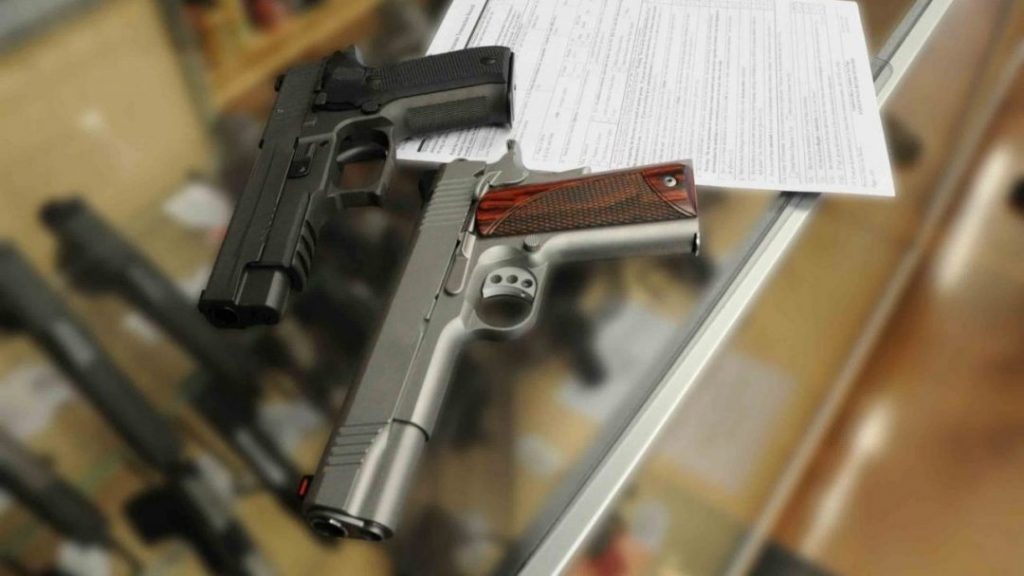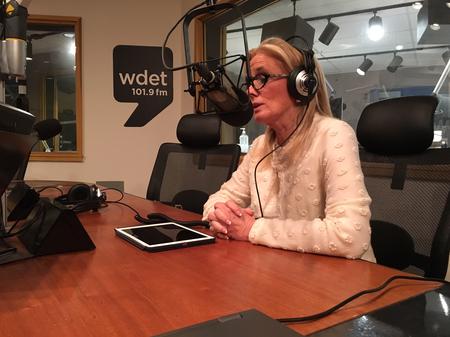Rep. Debbie Dingell: ‘Let’s Not Have The Same Old Discussion’ On Guns
“I don’t think any child should have to hide in a closet, afraid they’re going to die.”


What is Congress and the White House willing to do about our problem with guns in America?
On Wednesday, there were a couple high-profile meetings between officials and people directly affected by the Parkland, Florida school shooting.
President Donald Trump met at the White House with students and parents from Marjory Stoneman Douglas High School. Andrew Pollack, father of Meadow Pollack who was killed in the shooting last week, said to the president, “I’m pissed. It’s my daughter I’m not going to see again. She’s not here. She’s not here… she’s in King David Cemetery. That’s where I go to see my kid now.”
Meanwhile, CNN hosted an extraordinary town-hall-style meeting where angry parents and students confronted a representative from the National Rifle Association, and NRA-backed Sen. Marco Rubio (R-FL).
Here’s a bit of that exchange on CNN last night…
So what can and will Congress do about ending mass shootings in schools and other public spaces?
In the spring of 2016 Democratic representatives staged a sit-in in the U.S. House to protest a lack of movement by Republican leaders on gun control measures. But nothing happened then, and nothing has happened since.
One of the most vocal members of that sit-in was Democratic Congresswoman Debbie Dingell (MI-12), a fierce advocate for more restrictions on gun ownership. Dingell is working with a Republican colleague from Michigan, Fred Upton, to find a bipartisan solution to curb gun violence.
“Instead of everyone going to their corners and not having anything done, I’m trying to have a different conversation,” Dingell tells Detroit Today host Stephen Henderson. “I’m trying to bring every stakeholder to the table and say, ‘What will you do? What can we get done?'”
Dingell says the bipartisan proposal with Upton will include a ban on bump stocks, which are used to turn semi-automatic weapons into automatic rifles, and expand background checks to make sure people who are abusive or mentally ill can’t purchase powerful weapons.
The issue of gun violence is personal for Dingell. She says she and her sister were afraid their unstable father would turn his guns on them, and the sisters would hide in a closet from him when he was enraged and abusive.
“My father shouldn’t have had access to guns,” she says. “I don’t think any child should have to hide in a closet, afraid they’re going to die.”
To hear more from Dingell on Detroit Today, click on the audio player above.
